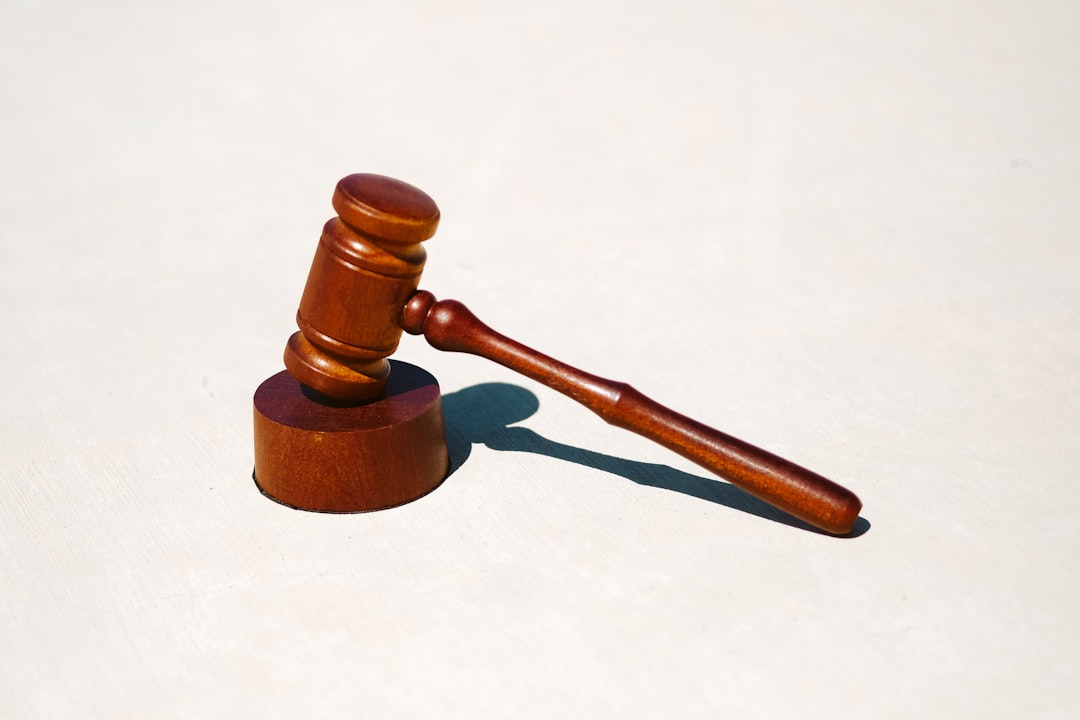Sexual assault law firms in South Carolina play a vital role in combating campus sexual violence by offering specialized legal support and advocating for victims' rights. These firms guide survivors through complex laws, ensuring justice and policy changes. South Carolina's colleges implement safety measures, including mandatory training and reporting systems, backed by these legal professionals. Empowering students through education on consent and available resources creates a culture that discourages sexual assault. Law firms also support long-term survivor needs, promoting awareness and systemic changes for safer college environments.
“In South Carolina, addressing sexual assault on college campuses is a multifaceted challenge that requires understanding both stringent laws and comprehensive support systems. This article explores critical components of combating this issue, from state sexual assault laws to the vital role of specialized sexual assault law firms in South Carolina. We delve into campus responses, student empowerment strategies, and long-term advocacy for change, providing insights essential for creating safer academic environments.”
Understanding South Carolina's Sexual Assault Laws

In South Carolina, sexual assault is taken seriously and is a criminal offense. The state’s laws define sexual assault broadly, encompassing various forms of non-consensual sexual contact or behavior. If you’re seeking justice or support after an incident, connecting with a sexual assault law firm in South Carolina can be a crucial step. These specialized legal professionals are equipped to navigate the complexities of such cases and advocate for victims’ rights.
Understanding the local laws is essential. South Carolina’s legislation protects individuals from a wide range of sexual offenses, including rape, criminal sexual conduct, and sexual battery. Each category has specific definitions and penalties, with sentences varying based on factors like the nature of the assault and the assailant’s prior convictions. Local sexual assault law firms stay updated on these laws, ensuring victims receive accurate guidance and legal representation tailored to their unique circumstances.
The Role of Sexual Assault Law Firms in Support

In the fight against sexual assault on South Carolina college campuses, sexual assault law firms play a pivotal role in providing critical support to survivors. These specialized legal professionals are equipped to navigate the complex landscape of sexual violence laws and offer much-needed guidance to students who have experienced assault. They ensure that survivors understand their rights and options, facilitating access to justice and closure.
Sexual assault law firms in South Carolina empower victims by offering confidential consultations, helping them file legal complaints, and representing them in court proceedings. Their expertise extends to advocating for policy changes and raising awareness about prevention strategies. By combining legal acumen with empathy, these firms create a safer environment for students, holding perpetrators accountable while offering solace to those affected by sexual assault.
Campus Response: Policies and Protocols for Safety

South Carolina’s college campuses have implemented stringent policies and protocols to ensure student safety regarding sexual assault. These measures include mandatory training sessions for students, faculty, and staff on recognizing and responding to potential instances of sexual misconduct. Many institutions now mandate reporting systems that encourage victims to come forward without fear of retaliation, ensuring swift action from campus security.
The state’s sexual assault laws are also strictly enforced, with penalties varying based on the severity of the offense. Sexual assault law firms in South Carolina play a crucial role in supporting survivors and advocating for justice. These legal professionals help navigate the complex legal system, offering guidance and representation to ensure perpetrators face the consequences under the law, thereby fostering a safer campus environment.
Empowering Students: Prevention and Education Strategies

Empowering students is a key strategy in the ongoing fight against sexual assault on college campuses. Educational institutions in South Carolina should implement comprehensive prevention programs that involve mandatory training sessions, workshops, and awareness campaigns. These initiatives aim to educate students about consent, healthy relationships, and available resources for support. By fostering an environment where open dialogue is encouraged, peers can act as allies and intervene when they witness concerning behavior.
Additionally, schools can collaborate with local sexual assault law firms in South Carolina to provide legal education and clarify the rights of victims. These partnerships empower students by ensuring they understand their options and the legal process if they experience or witness sexual misconduct. Through proactive measures and student engagement, campuses can create a culture that discourages sexual violence and promotes accountability.
Long-Term Impact and Advocacy for Change

The long-term impact of sexual assault extends far beyond the initial incident, affecting survivors’ mental health, academic performance, and overall quality of life. In South Carolina, many students find themselves navigating a complex landscape after such traumatic experiences, often requiring extensive support to regain a sense of safety and well-being on campus. Advocacy groups and sexual assault law firms in South Carolina play a vital role in empowering survivors by offering legal aid, counseling services, and educational programs that promote awareness and prevention strategies.
Through these efforts, there is a growing movement towards fostering safer college environments. By advocating for stricter policies, improved reporting mechanisms, and enhanced training for campus personnel, survivors are not only receiving much-needed support but also contributing to systemic changes. This collective action ensures that future generations of students can attend college without the fear of sexual assault, fostering an atmosphere where everyone feels valued, respected, and secure.






